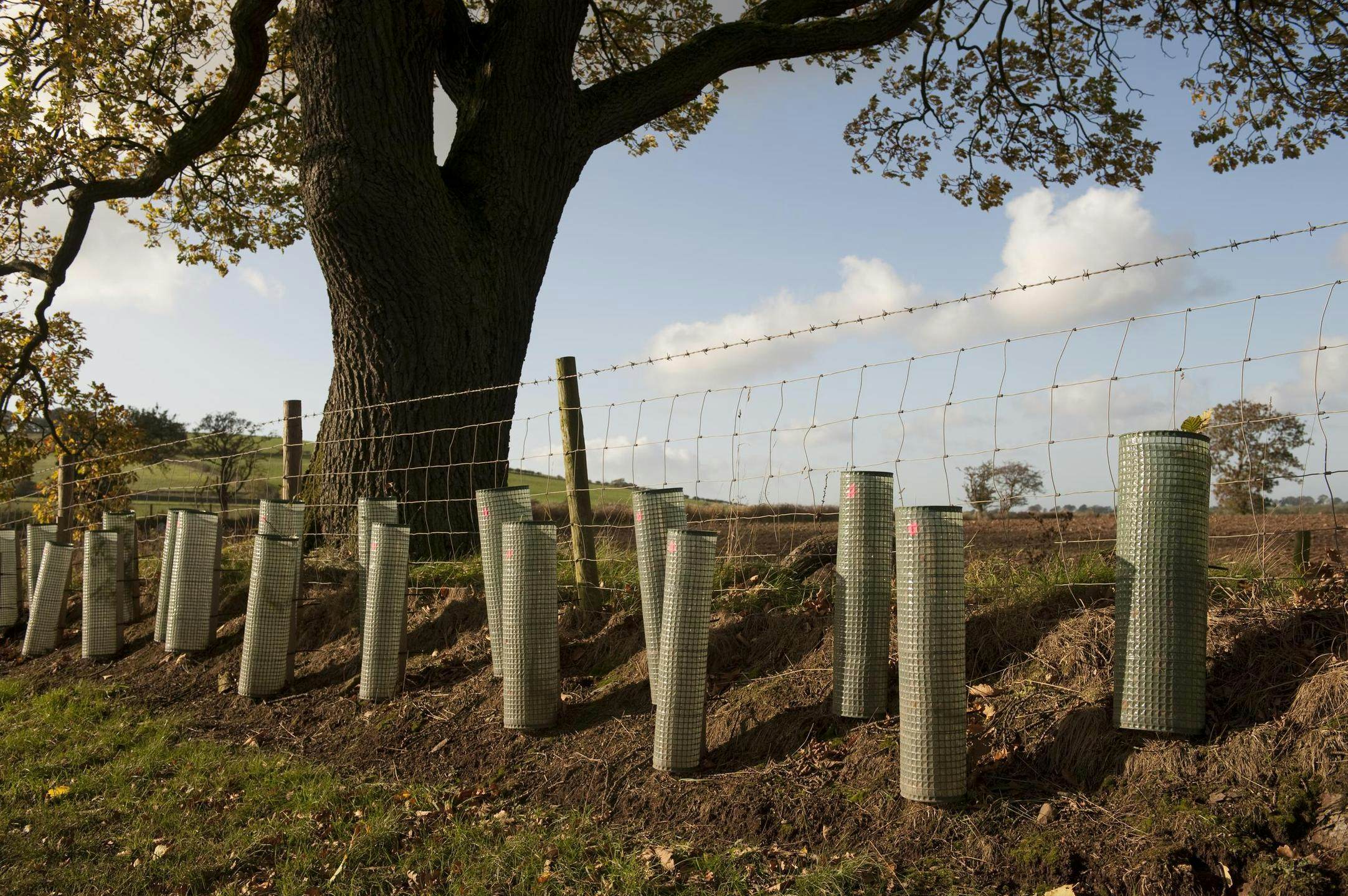This article is taken from the August-September 2025 issue of The Critic. To get the full magazine why not subscribe? Right now we’re offering five issues for just £25.
I’ll always remember wandering across the Isle of Scarba in the Gulf of the Corryvreckan with a young cattle farmer called Archie. We were there to shoot a wild boar, but weren’t having much luck and the conversation came round to farm subsidies.
Archie told me he felt that in some ways subsidies haven’t done farming much good — they have created, he reckons, an environment where the farming world has become dependent and limp rather than standing on its own two muddy-booted feet.
There’s no doubt that in many ways rural workers are up against it. The supermarkets are bastards when it comes to driving down farm gate prices, very few politicians seem to understand agriculture, and half the public reckon that what really motivates Big Farming is a desire to see the planet burn. Yet, for all that, I can’t help thinking that farmers ought to show a bit of mettle.
Some weeks ago, I was standing up at the front in a bookshop in Holt talking to an audience about my new book Uncommon Ground. It was a Thursday night double act — I was speaking alongside Richard Negus, whose brilliant new book, Words from the Hedge, I had the privilege of editing. An old man in the audience pulled a crumpled piece of paper from his pocket and asked to show it to Richard. The picture showed broken hedge whip guards. The hedge had been planted, it had prospered and the plastic had been left to shatter.
Never let anybody tell you it’s only the young who care about the environment. This guy must have been in his eighties and was so furious he could hardly say the words “plastic pollution”. Richard gently explained that the farmer concerned had probably been too busy trying to make ends meet to take the guards off — poor farmer, poor planet.

The following week, I was out shooting muntjac when I cut through a hedge and noticed a very long run of old hedge whip guards. I made a mental note to come back and remove them.
They are now the third lot of guards on my list. The first lot are some seven years old and were put in when a grant was received to plant a wood, and the second lot (also put in when a planting grant was available) are older still.
I could be kind and suggest that the farmers in question have simply been too busy over the past two decades to crack on with removing plastic from the countryside but that would be bollocks.
They gladly took money for planting, but there was no money on the table for removing them so there they stay.
This is just a small example, but I think in many ways Archie was right. Does the government subsidise magazine publishers for using sustainably sourced paper? Do car manufacturers receive public money for driving down emissions? Sure, it’s hard to make money out of farming, but the median income for authors in Britain stands at a mere £7,000 a year.
The court of public opinion is a mercurial thing and we really don’t want to lose the room. A large proportion of the public feel a lot of sympathy towards the agricultural sector, and the general consensus is that Starmer’s government, through inheritance tax changes, has done them dirty.
But nobody likes a whinger. Last week at Groundswell, the buzzy festival of regenerative agriculture in Hertfordshire, I felt surrounded by energetic farmers looking to the future whilst too often agriculture feels downtrodden.
I’d defy anybody to spend an afternoon at Groundswell without heading home full of warmth for farming, whilst scrolling social media could leave a different impression. “My 600-acre farmer makes very little,” cries the farmer. “I’m devastated for you from my mouldy council flat in a condemned block in Zone 2,” says the nation.
Farmers are busy, there are fewer people working on farms than ever, and Steve Reed doesn’t get it, but I don’t want to see farmers shooting pheasants on a weekday whilst plastic tree guards fragment into the earth.












